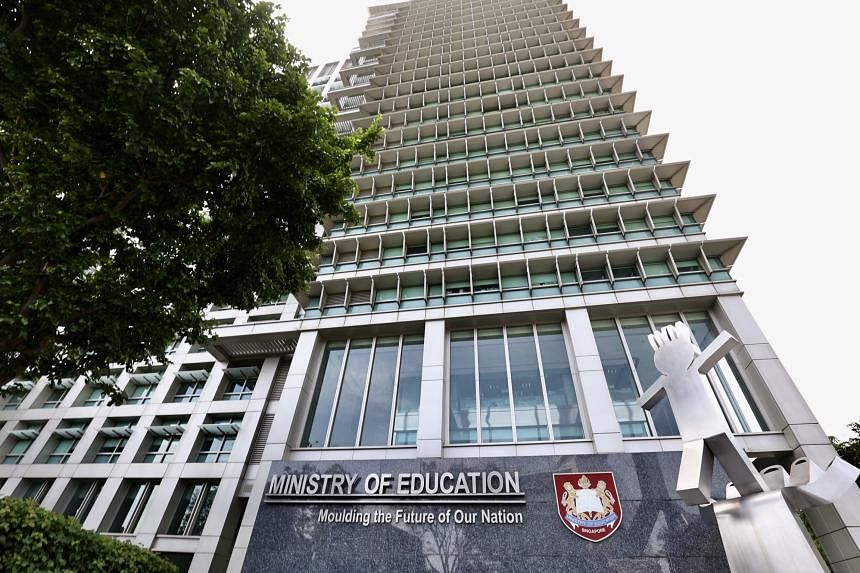SINGAPORE - Teachers do not impose their personal views on students or advocate the interests of any particular parties, said the Ministry of Education (MOE) in response to concerns about recent character and citizenship education (CCE) lessons on the Israel-Hamas conflict.
In response to queries, MOE said that the lessons conducted by schools on the conflict aim to give students a “safe space” to understand the complex situation, develop their own views and appreciate diverse perspectives involved.
The intention was also for students to learn to discern information about the issue and understand the situation from Singapore’s perspective, including the need to preserve cohesion and harmony, it said in a statement on Feb 23.
The ministry was responding to criticisms about how primary and secondary schools were discussing the Israel-Hamas conflict with students. Several parents had put up social media posts expressing their unhappiness with the lesson content and how their children were taught about the conflict.
Open letters to the Ministry of Education and e-mails to Education Minister Chan Chun Sing were also circulating online as at Feb 23, while MOE’s Facebook page was peppered with comments about the lesson material.
In one such letter, a group of parents said that students were given information that was “lacking in accurate narration of historical events”. They claimed that any attempts by students to correct misinformation had been “ignored, shut down or, worse, punished”.
The letter also said that teachers had not clearly explained the historical role of Israel’s occupation of the Palestinian territories or the extent of the humanitarian catastrophe that had unfolded in the past five months.
In response, an MOE spokeswoman said that CCE lessons include discussions on a range of contemporary issues, such as mental well-being and casual racism as well as global events like the Russia-Ukraine war and the Israel-Hamas conflict.
“In schools, teachers are trained to use age-appropriate methods to help students of different levels, from upper primary to pre-university, appreciate different dimensions of the issue, and discuss them sensitively and respectfully,” she said.
The focus for younger pupils is on empathy for victims of the conflict, and preserving harmony and cohesion in Singapore’s multiracial society, she added.
For older students, there is an additional focus that includes verifying sources of information and appreciating the diverse perspectives that people from different backgrounds may have.
“During the lessons, students have the opportunity to share their thoughts and express their emotions in a safe environment, while being respectful and sensitive to the views of others,” she said.
Students are also encouraged to have constructive dialogues and to channel their energies into positive actions, while teachers check in on the emotional well-being of students and identify those who may require more support, said the spokeswoman.
“We do not poll the students on their beliefs,” she said.
MOE said its CCE curriculum supports the holistic development of students, including the development of their values, social-emotional well-being and “citizenship dispositions”.
ST understands that the lesson material was extended to upper primary pupils to provide a learning opportunity for them to discuss the topic sensitively and respectfully, given that pupils are exposed to social media and many would have discussed this issue among themselves.
The Israel-Hamas conflict has been covered in CCE lessons since February 2024, with content that covered events up till December 2023.
One parent who is planning to write to her child’s school is Madam Nurul Syazana, 33, after her 12-year-old daughter Shahina told her about the one-hour lesson.
After a talk by the school principal, pupils were asked to write down how they could show care and concern for both Gaza and Israel, which made Shahina unhappy because she did not understand why care and concern should be shown to Israel.
This is as children in the country were eating well while people in Gaza were starving and getting bombed, she had said.
Madam Nurul said she felt that schools should have just told the pupils about the history of the war, and let them come to their own conclusions, rather than asking them to think of ways to show concern for both sides.
MOE said its teaching resources are differentiated by student levels, and that it regularly updates CCE materials “to keep pace with developments and to take into account feedback from stakeholders”.

